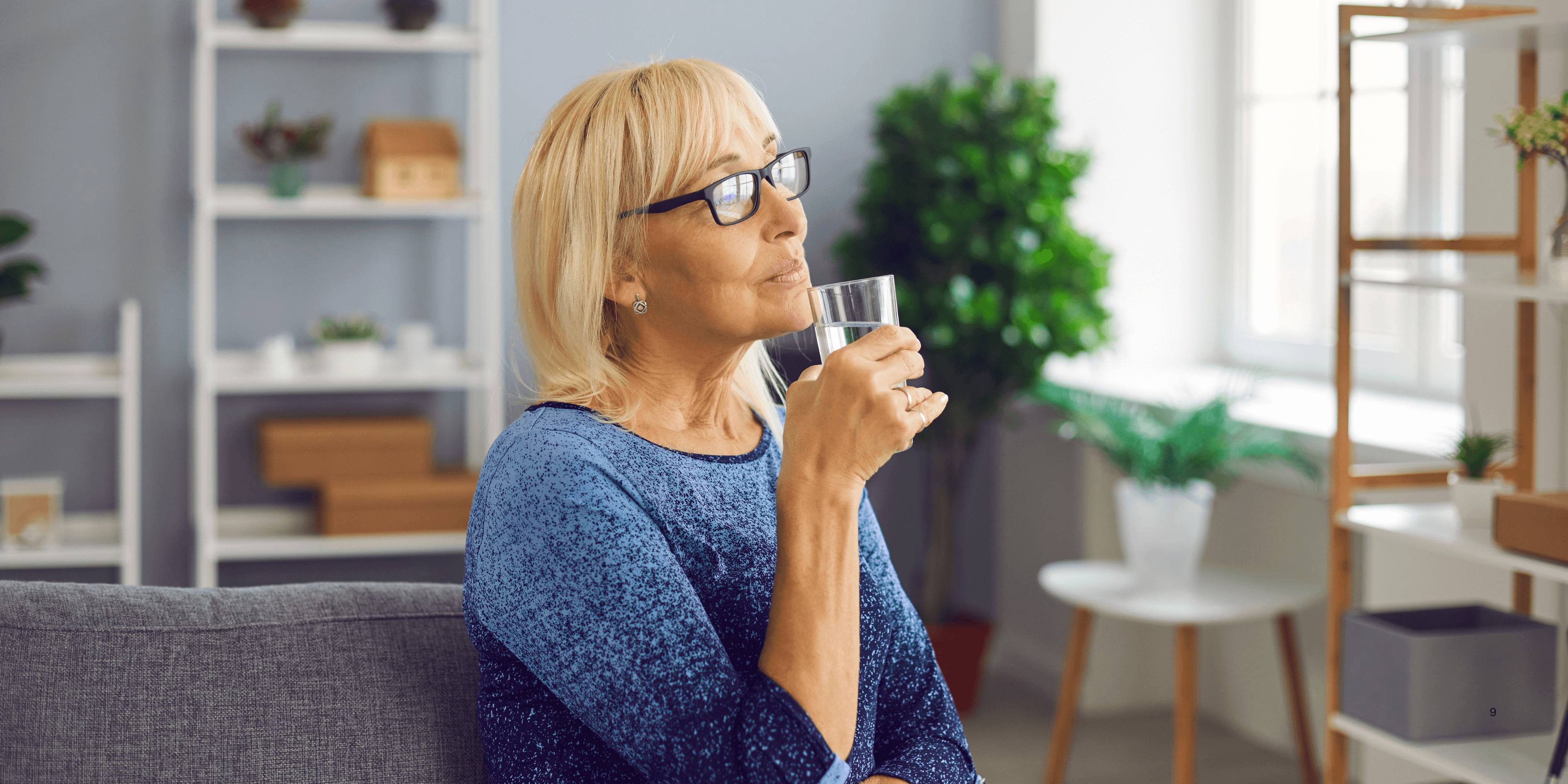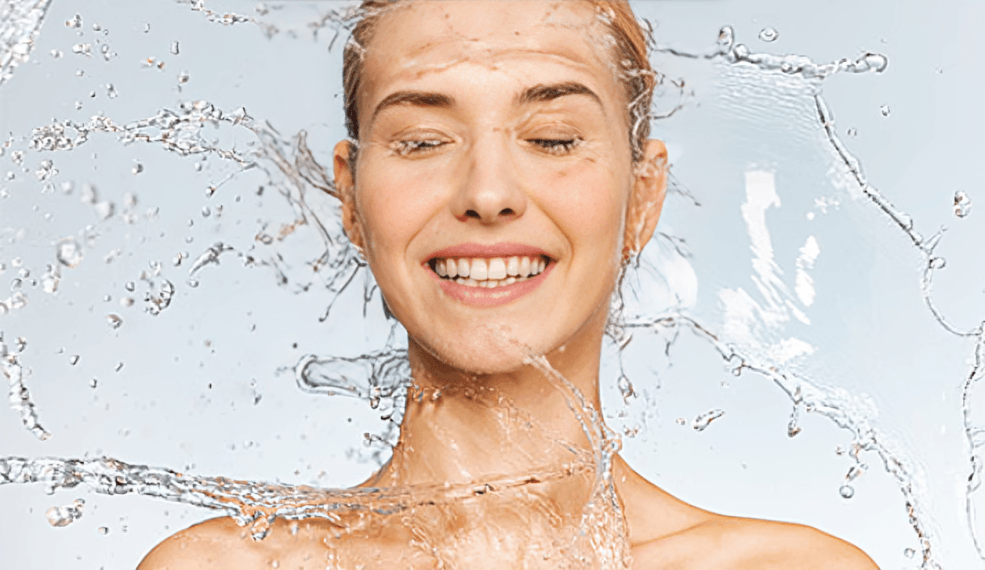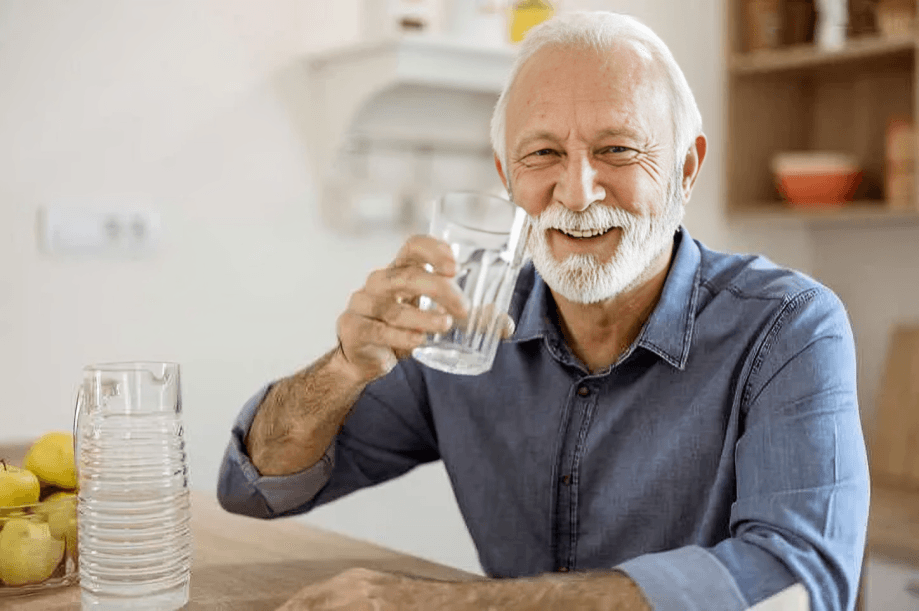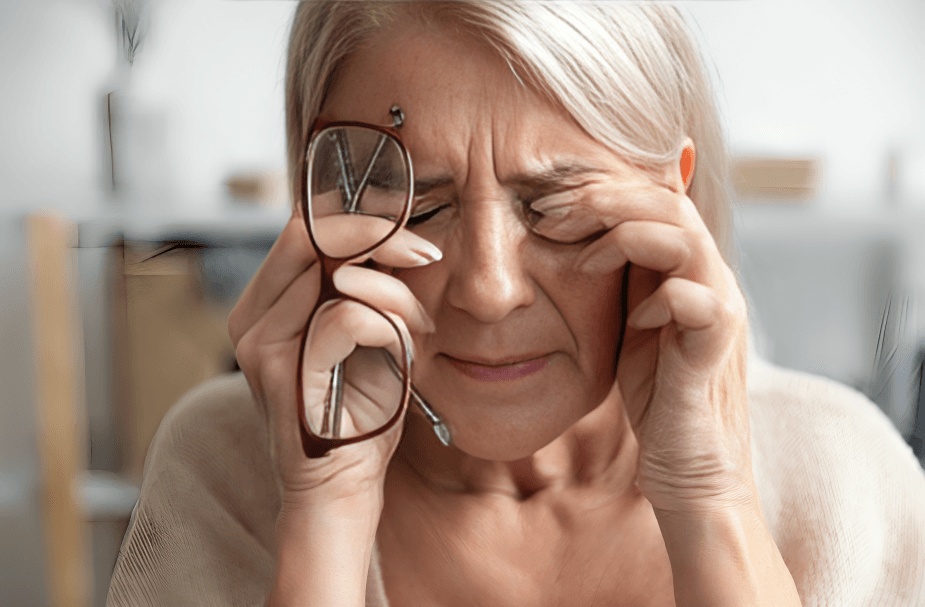
“
Staying hydrated isn’t just about quenching thirst—it plays a crucial role in how we age and feel daily. From maintaining skin elasticity to supporting joint health and brain clarity, hydration profoundly influences every system in the body. Knowing how hydration affects aging & well-being can help you make smarter daily choices for long-term vitality and graceful aging.1
1
”
Renowned physician Dr. Alexis Carrel once stated that “the cell is immortal” if given the right environment—hydration being a key factor for longevity and optimal cellular function. 1
As people age, their sense of thirst diminishes, making older adults more prone to dehydration, which can speed up cognitive decline, cause confusion, and affect balance and physical coordination. 2

Hydration helps keep the skin supple and elastic by maintaining moisture in tissues, which reduces the appearance of fine lines and wrinkles that naturally increase as we grow older.
Proper hydration supports digestion by helping break down food and absorb nutrients efficiently, reducing constipation—a common issue that becomes more problematic with slower gastrointestinal function. 3
Dehydrated muscles are more prone to cramps and fatigue. Staying hydrated boosts muscle endurance and strength, supporting mobility and reducing age-related decline in physical performance. 4
Joints are surrounded by synovial fluid, which relies on water. Staying hydrated keeps joints lubricated, easing stiffness and lowering the risk of arthritis symptoms as we age. 5
Dehydration can stress the kidneys and impair waste elimination. Long-term, this increases the risk of kidney stones or infections, more commonly found in older adults with inadequate water intake. 6
Skin naturally loses collagen over time, but dehydration accelerates dryness and dullness. Water helps skin cells regenerate and appear plumper, countering some aging effects without invasive treatments. 7
Hydration affects metabolism. As we age, metabolism slows, but drinking water can help maintain energy expenditure, especially when consumed before meals to support satiety and prevent overeating. 8
The immune system weakens with age, but water helps flush out toxins and transport nutrients to cells—critical for maintaining immunity and fighting infections in elderly individuals. 9

Hydration affects how medications are processed. Older adults on multiple medications need to stay hydrated to support liver and kidney function, which metabolizes and eliminates drugs from the body.
Dry mouth is common in older adults and can lead to oral health problems. Drinking enough water boosts saliva production, preventing cavities and gum disease, which can affect overall health. 10
Hormonal changes in aging women, like menopause, cause hot flashes and dryness. Staying hydrated reduces discomfort by supporting the body's cooling system and keeping tissues balanced. 11
Dehydration affects sleep quality by causing muscle cramps, dry throat, or headaches. Restorative sleep is crucial for aging well, and water helps maintain body balance for uninterrupted rest. 12
Aging affects the bladder, but drinking less to avoid urination leads to dehydration. Adequate fluid intake supports bladder training and helps flush out harmful bacteria to prevent infections. 13

Water intake supports eye health. As tear production reduces with age, staying hydrated helps prevent dry eyes, discomfort, and potential complications affecting vision and overall well-being.
Hydration supports detoxification. The liver and kidneys eliminate waste efficiently only when the body has enough water, aiding in preventing toxin buildup that accelerates aging symptoms. 14
Water maintains healthy circulation by thinning the blood and improving oxygen delivery. This reduces fatigue and supports organ vitality, both critical for a healthy aging process. 15
Dehydration is linked to mood swings and anxiety. Hydrating regularly improves brain function, helping older adults stay emotionally balanced and mentally sharp in their later years. 16
Adequate hydration enhances skin healing and tissue repair, which slow with age. This helps minimize the risk of pressure sores and infections common among bedridden or immobile seniors.17


